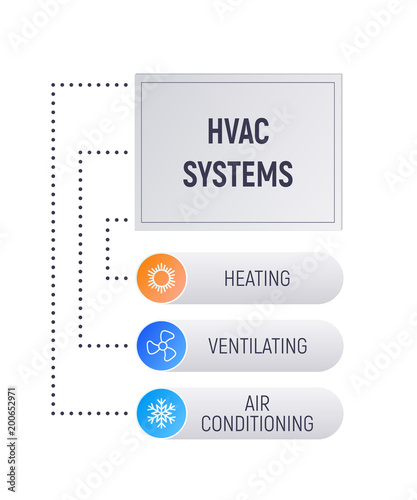Discover The Essential Techniques To Boost The Performance And Lifespan Of Your Heatpump System By Avoiding Regular Installation Errors
Discover The Essential Techniques To Boost The Performance And Lifespan Of Your Heatpump System By Avoiding Regular Installation Errors
Blog Article
Material Writer-Lykke Wheeler
When setting up a heatpump, you have to stay away from typical mistakes that can endanger its performance. Overlooking correct sizing might lead to ineffectiveness and higher utility expenses. Neglecting insulation and sealing could cause power waste and pressure on the unit. Moreover, positioning the outdoor unit improperly might impact its performance. By preventing these errors, you can make certain ideal functioning and sturdiness of your heatpump system.
Improper Sizing of Heat Pump
When it pertains to the setup of heat pumps, among one of the most usual errors is poorly sizing the unit for your room. Ensuring the appropriate size is crucial for optimal efficiency. If the heat pump is also small, it will struggle to warmth or cool your space effectively, resulting in enhanced energy expenses and possible damage on the system.
On the other hand, if the heatpump is as well big, it will certainly cycle on and off frequently, causing temperature level fluctuations and lowering its life expectancy.
To avoid this mistake, it's essential to have a specialist assess your area and advise the ideal size of the heatpump based on elements like square video footage, insulation, ceiling elevation, and neighborhood environment. By spending the moment and effort to ensure the right sizing, you can enjoy a comfortable atmosphere while taking full advantage of energy efficiency and lengthening the life expectancy of your heat pump.
Inadequate Insulation and Sealing
To make certain the reliable operation of your heat pump, it's critical to deal with inadequate insulation and securing in your area. Correct insulation assists preserve a regular temperature level indoors, lowering the work on your heatpump. Inadequate insulation can bring about power loss, making your heatpump job harder and less successfully.
Sealing any kind of gaps or leakages in your area is equally essential. These voids enable conditioned air to leave and outdoor air to permeate in, compeling your heat pump to make up for the temperature level fluctuations.
Inaccurate Positioning of Outdoor System
Attending to the placement of your heatpump's exterior unit is vital to maximizing its efficiency. Installing the outside system in a wrong place can cause effectiveness problems and potential damages to the device.
One usual blunder to avoid is positioning the outdoor device too near to a wall or other structures. This can limit air movement, causing the device to function harder to warmth or cool your space, inevitably decreasing its efficiency and life-span.
An additional error to stay away from is placing the exterior device in straight sunlight. While https://www.achrnews.com/blogs/16-guest-blog/post/120878-common-cures-for-a-loud-air-conditioner is inevitable, too much direct exposure can lead to overheating, specifically throughout warm summer days. It's best to place the exterior unit in a shaded area to assist maintain its ideal operating temperature level.
Furthermore, ensure that heat pumps wellington specials is placed on a secure and degree surface. Uneven ground can create resonances and unneeded stress on the system, influencing its efficiency in time.
Verdict
In conclusion, avoiding usual mistakes throughout heatpump setup is important for making best use of performance and long life of your system. By making certain correct sizing, ample insulation, securing, and appropriate placement of the outside device, you can stop problems such as inadequacies, raised energy bills, and stress on the unit. Making the effort to address these vital elements will inevitably save you money and time in the long run.
